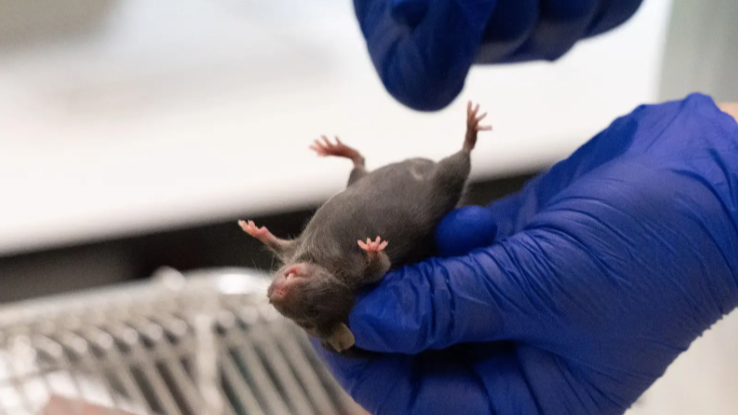Concerns at unregulated use of antibiotics in research
- Bob Tolliday
- Sep 9, 2024
- 1 min read

A study has found that widespread and excessive use of antibiotics, unregulated access to critical drugs, as well as disposal practices in laboratory rodent facilities, could likely be contributing to the global health problem of antimicrobial resistance (AMR).
The survey, published in the journal PLOS One, of 95 laboratories in Australia and New Zealand, found 71% used antimicrobial drugs, which include antibiotics – the World Health Organization has described AMR as one of the biggest threats to public health globally.
While the problem of antibiotic use and AMR has been extensively studied in human health and agricultural systems, the Australian-led study is the first empirical evidence globally on practices within laboratory rodent facilities.
Quoted in the Guardian, Rebecca Wilcox, of the Royal Melbourne Institute of Technology and the lead author of the study, said that growing antibiotic resistance, ‘is going to mean that routine procedures like hip replacements, knee replacements, caesareans, surgery for cancer, chemotherapy, are not going to be feasible. They are going to be life-threatening’.
The study found particular cause for concern in cases where a laboratory was next to, or part of a hospital, as there could be biosecurity breaches.



